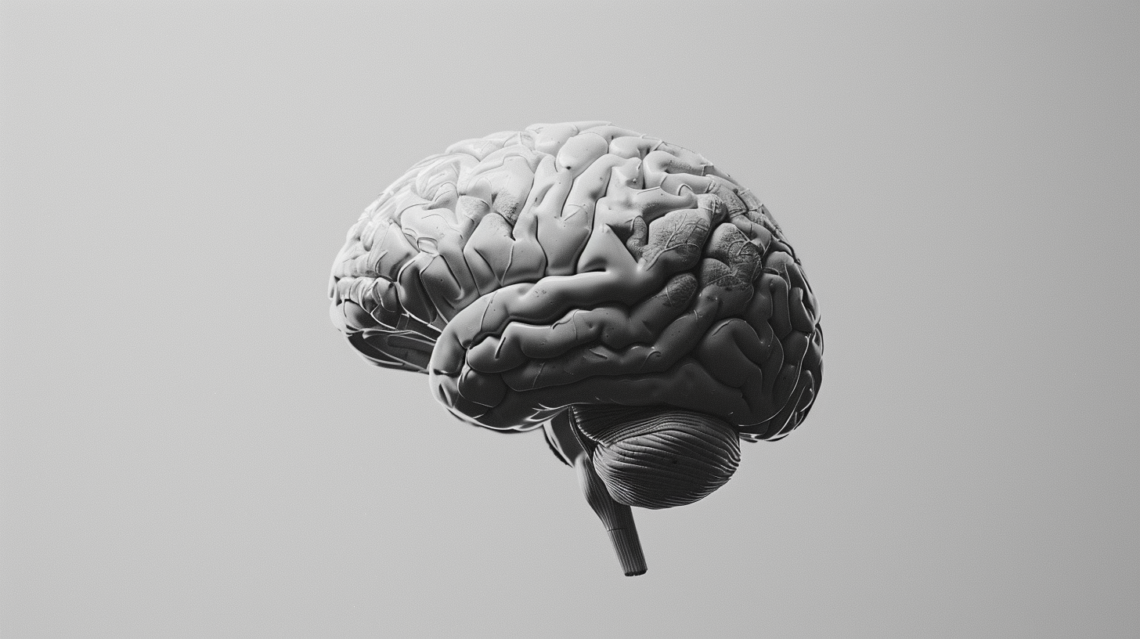
Understanding and Nurturing Mental Health
Mental health, an integral component of our overall well-being, deserves as much attention and care as physical health. Its significance stems not only from the role it plays in our daily functioning but also in our ability to lead fulfilling lives.
The Primary Types of Mental Health Focus
Mental health encompasses several key areas, each contributing uniquely to our overall psychological well-being. Understanding these can help individuals and healthcare providers alike to foster a holistic approach to mental health care:
- Emotional Health: This pertains to managing and expressing feelings in a constructive manner. Emotional well-being involves coping with challenges, controlling stress, and remaining resilient in the face of adversity.
- Psychological Health: This aspect focuses on cognitive processes, thought patterns, and attitudes that influence behaviour. It includes one’s ability to process information, use reasoning, and make decisions.
- Social Well-being: Human beings are inherently social; thus, social well-being involves effectively interacting with others, maintaining satisfying relationships, and feeling connected to the community.
- Spiritual Health: For many, spiritual well-being plays a crucial role in mental health, encompassing a sense of purpose and meaning in life, which might be grounded in religious beliefs, personal values, or a broader sense of harmony with the universe.
Signs of Mental Health Distress
Recognizing the signs of mental health distress is the first step towards seeking help. These signs can vary widely but generally manifest in several identifiable ways:
- Emotional Symptoms: Persistent sadness or depression, excessive fears or worries, or extreme feelings of guilt can indicate underlying mental health issues.
- Physical Symptoms: Unexplained aches and pains, drastic changes in appetite or sleep habits, and decreased energy or fatigue often accompany mental distress.
- Cognitive Symptoms: Difficulty concentrating, constant negative thoughts, and disorientation in time or place are critical signs that one’s mental health may be compromised.
- Behavioural Symptoms: Withdrawing from social interactions, significant changes in school or work performance, and engaging in risky activities can all be indicators of mental health struggles.
Treatment and Support Options
The landscape of mental health treatment is diverse, offering multiple approaches tailored to individual needs:
- Therapy and Counselling: Psychological therapy, including cognitive behavioural therapy (CBT), psychotherapy, and counselling, forms the backbone of mental health treatment. These methods help individuals address the root causes of their distress, learn coping mechanisms, and develop healthier thinking patterns.
- Medication: For some, medication is a necessary component of treatment, particularly for conditions like depression, anxiety, bipolar disorder, and schizophrenia. Medications must always be prescribed by a healthcare professional and often work best in conjunction with other forms of therapy.
- Support Groups: Peer support groups provide a platform for sharing experiences and coping strategies under the guidance of a facilitator, which can significantly aid in recovery.
- Lifestyle Adjustments: Often overlooked, lifestyle changes such as improved diet, regular physical activity, adequate sleep, and mindfulness practices can profoundly impact mental health.
- Integrated Care: This approach coordinates services across the spectrum of health care providers, ensuring that individuals receive holistic treatment that addresses all aspects of health.
The importance of maintaining and caring for our mental health cannot be overstated. In Canada, as in many parts of the world, increasing recognition of mental health issues has led to better support systems and more comprehensive health care policies. Recognizing the signs of mental distress and seeking appropriate treatment are vital steps in improving one’s quality of life. Through a combination of professional help, community support, and personal effort, individuals can achieve a state of well-being that benefits all aspects of their lives.

